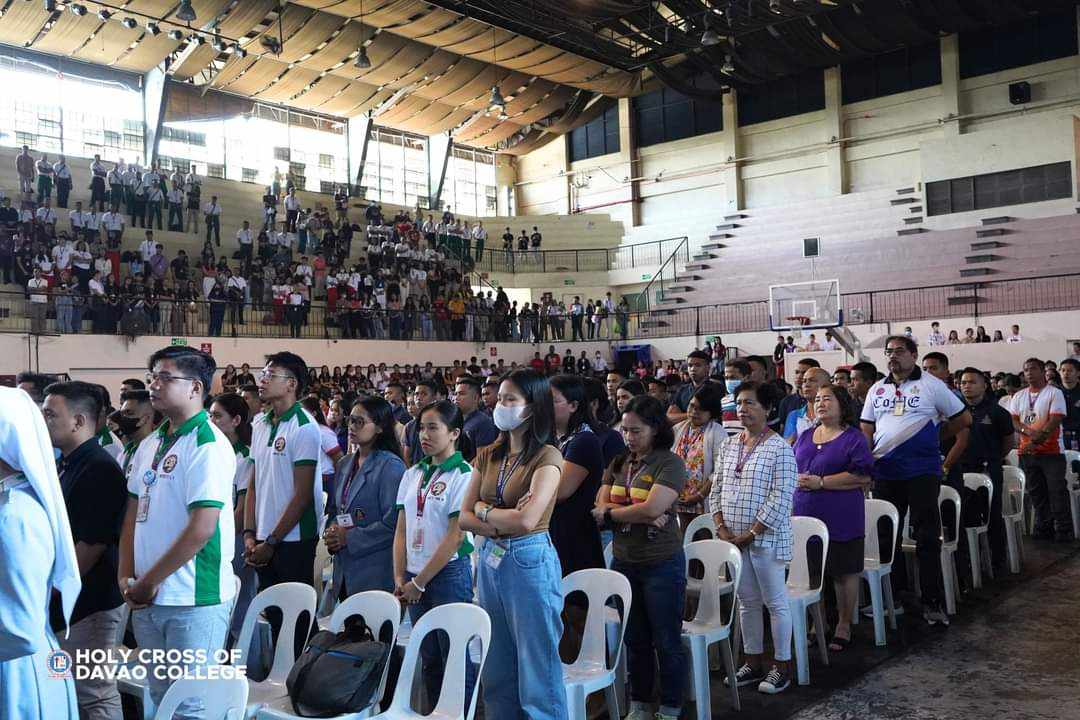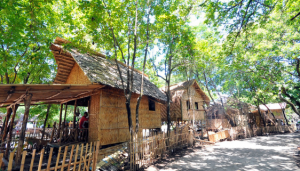WHILE Davaoeños lauded the newly signed law banning the “No Permit, No Exam” policy in schools, local private institutions believe it will do more harm than good.
In an interview with TIMES, Angel, 23, who just graduated from college and is currently working in a business process outsourcing industry, said the law is a big help considering she’s still sending her brother to a private college in the city.
“Yes responsibility man jud nga mag-pay to keep the institution running but there are times students or ang naga-support sa ilaha kay dili maka-provide dayon og money to pay due to unforeseen circumstances like emergencies,” she said.
Her brother is taking up marine transportation and tuition for the course runs from P21,000-P25,000 per semester, excluding miscellaneous fees and uniform.
When asked about the condition of holding the records of students or requiring them to submit promissory notes, Angel said it’s a win-win solution for everyone. She conceded that universities also need a guarantee that obligations are paid to keep the institutions running.
Brent, 23, a college student in a private institution, said the new law is an advantage for him as a working student since his salary is often delayed.
“At least just in case I can’t get my money on time, I can still take my exam. Lalo na sa college na mahal na jud kaayo ang tuition naa jud instances na dili ko makabayad on the exam day,” he added.
Disadvantaged students with unpaid school obligations can now take the periodic and final exams after President Ferdinand Marcos signed into law on March 11 the Republic Act 11984, or the “No Permit, No Exam Prohibition Act.”
The R.A. 11984 covers the public and private (basic K-12) educational institutions, higher education institutions (HEIs), and Technical vocational institutions (TVI), provided the Act only applies to TVI courses exceeding one year.
However, the law states that the Municipal, Provincial, and City Social Welfare Development Officers or the DSWD regional offices shall issue a certificate on the disadvantaged status of students due to calamities, emergencies, force majeure, and other justifiable reasons per DSWD.
The DSWD will create the implementing rules and regulations, including criteria for “Disadvantaged Students” and the effectiveness of issuance of certification.
Institutions, however, are given the power to require the students to submit a promissory note and withhold records and credentials. Alternatively, they may voluntarily allow students to take the exam and release records, even without needing certification from the social welfare office.
Non-compliant educational institutions will face administrative sanctions imposed by the Department of Education, Commission on Higher Education, or the Technical Education and Skills Development Authority.
New law prejudicial to private institutions
Meanwhile, the Davao Association of Catholic Schools, Inc. (DACS) said that while the new law is pro-students, it is detrimental to the operations of private institutions, compared to public schools depending on legislated budgets.
“The “No Permit, No Exam” policy has helped private schools, which operate on tuition income and fees, collect what they need to carry out their educational mission,” DACS statement reads.
DACS is an association of non-stock, non-profit private catholic schools, colleges, and universities under the Dioceses of Davao, Digos, Tagum, and Mati or the DADITAMA ecclesiastical sub-region located in the six cities and five provinces of Davao.
TIMES tried to get the position of DACS through email on March 20 and received the response on March 21.
DACS said their position long before the new law was signed remained, despite the law recognizing the right and power of educational institutions to resort to legal and administrative means to collect unpaid fees (as stated in Section 4).
DACS said the law offers no long-term relief for students as institutions may demand promissory notes and withhold students’ grades even though they are allowed to take exams.
“If they are poor, they will nevertheless have eventually to pay their financial obligations – if not to take an exam, to see the grade of an exam, or to continue to the next semester, or to receive one’s diploma,” the statement reads.
“Otherwise, teachers and professors in private schools cannot be paid. And the public service of private education falls.”
DACS further stated what could have helped is for the law to provide genuine grants and scholarships for students, soft long-term loans, support in innovation-oriented research and entrepreneurial start-ups, or support educational institutions in developing libraries, laboratories, research facilities, and communications equipment.




